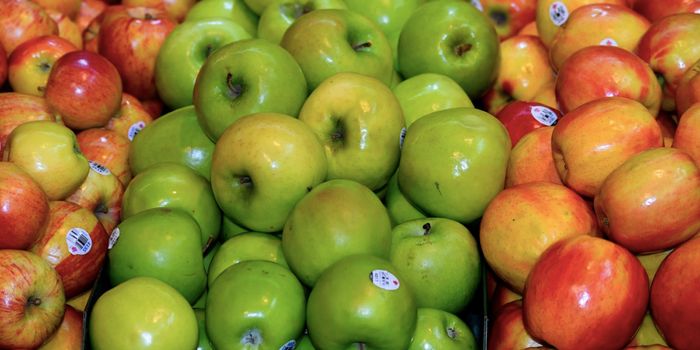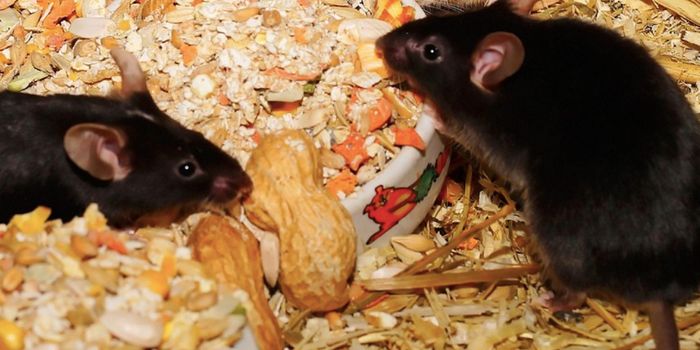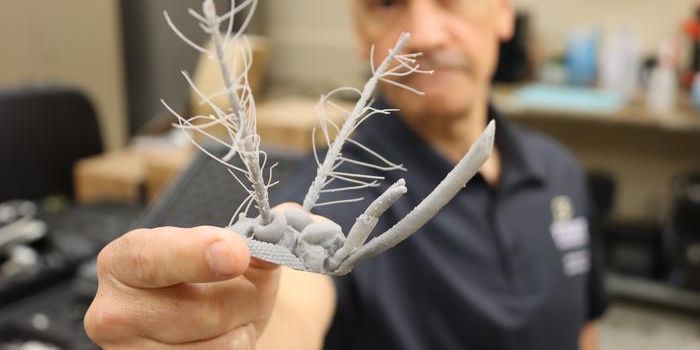Insects, Algae Might be the Way Out of a Future Food Crisis
It's estimated that two billion people don't have access to reliable sources of nutritious food - they are food insecure. This group includes about 600 million people who are undernourished, while about 340 million children are thought to have micro-nutrient deficiencies. Food distribution is already a major problem. We should also change how food is produced, maybe in radical ways, to ensure the sustainability of our food supply as it's challenged by climate change, loss of biodiversity and environmental degradation, and microbial threats, suggests a new report in Nature Food.
The study authors are calling attention to the need to integrate new technologies that can produce novel food products and maintain controlled environments into the food system to reduce its vulnerability. The study noted that there are a variety of farmed foods that could help mitigate the pressure on the food supply, like chlorella, spirulina, insect larvae, fungal proteins, and macro-algae like sugar kelp. Some of them are already considered healthy, so-called 'super' foods (like spirulina, a photosynthetic bacterium).
These futuristic foods might be useful in urban or isolated settings where there aren't many traditional resources for farming. They may help communities reduce their dependence on global food chains that are easily disrupted by calamitous events, or address malnutrition and hunger.
"Foods like sugar kelp, flies, mealworm and single-celled algae such as chlorella, have the potential to provide healthy, risk-resilient diets that can address malnutrition around the world," said first study author Dr. Asaf Tzachor, a researcher at the Centre for the Study of Existential Risk (CSER) at the University of Cambridge.
"Our current food system is vulnerable. It's exposed to a litany of risks - floods and frosts, droughts and dry spells, pathogens, and parasites, which marginal improvements in productivity won't change. To future-proof our food supply we need to integrate completely new ways of farming into the current system."
The researchers assessed about 500 studies on potential food production systems of the future and found that the most promising include controlled environments that give plants the natural resources they need while reducing hazards, insect breeding greenhouses, and devices that generate microalgae with light, called photo-bioreactors.
Conventional farming is at risk of serious disruption, and it's dangerous to rely on it, the researchers warned. The threats are often beyond our control, as highlighted by the ongoing pandemic, wildfires and droughts impacting Australia and North America, pigs afflicted with swine fever in Europe and Asia, and desert locust swarms in East Africa.
"Advances in technology open up many possibilities for alternative food supply systems that are more risk-resilient, and can efficiently supply sustainable nutrition to billions of people," said Catherine Richards, a doctoral researcher at Cambridge's Centre for the Study of Existential Risk and Department of Engineering. "The coronavirus pandemic is just one example of increasing threats to our globalized food system. Diversifying our diet with these future foods will be important in achieving food security for all."
It may be possible to overcome people's reservations about eating foods that are weird and unusual to them, like insects, by using them to create ingredients instead of just serving them cooked. There are already foods like energy bars and pasta that contain ground insect larvae or processed algae.
Sources: AAAS/Eurekalert! via University of Cambridge, Nature Food









